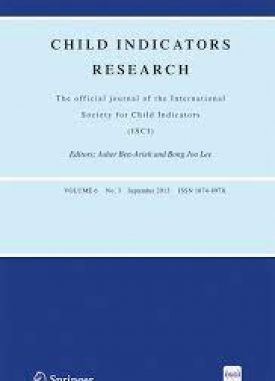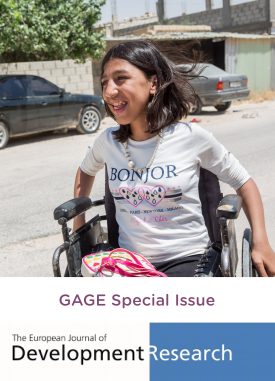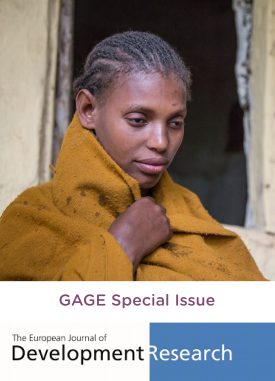The past decade has seen marked improvements in terms of global commitments to the inclusion of people with disabilities, as evidenced in the Sustainable Development Goals (SDGs) and in the 2018 United Nations (UN)-wide Disability Inclusion Strategy, which calls for sustainable and transformative progress on disability inclusion. In line with these commitments, the United Nations High Commissioner for Refugees (UNHCR) launched a new Age, Gender and Diversity Policy in 2018, calling for greater attention to the inclusion of people with disabilities in all aspects of UNHCR’s work in contexts of forced displacement. Despite this progress, there is still very limited understanding about the lived experiences of young people with disabilities in refugee communities. To address this gap, this paper uses an intersectional framework to analyse the experiences of young refugees with physical disabilities living in Jordan.
Intersectional theory was developed by Black feminist thinkers to capture the ways that race, gender, class, ethnicity, age, socioeconomic status and other types of social identity constitute people’s identities and experiences, with structural social inequalities along these lines serving to interact and reinforce marginalisation for individuals at the ‘intersections’ (
Collins, 2015;
Crenshaw, 1989). In this paper, we use detailed case studies to analyse the experiences of two adolescents over a period of 3 years (including during Covid-19 lockdowns), in the context of restrictive gender and age-related social norms, economic marginalisation and precarity, and the politics of refugee management. Our findings emphasise how these wider relations of power interact to shape the trajectories of adolescents with different social identities. They also offer nuanced insights into the challenges for designing inclusive and adaptive policies and programming to support the capabilities of adolescent refugees with disabilities in the Middle East and North Africa (MENA) region.
Suggested citation
Pincock, K., Jones, N., & Bani Odeh, K. (2023). ‘Had I been a girl it would have been a big problem’: An intersectional approach to the social exclusion of refugee adolescents with disabilities in Jordan. Childhood, 0(0). (https://doi.org/10.1177/09075682231169264)


